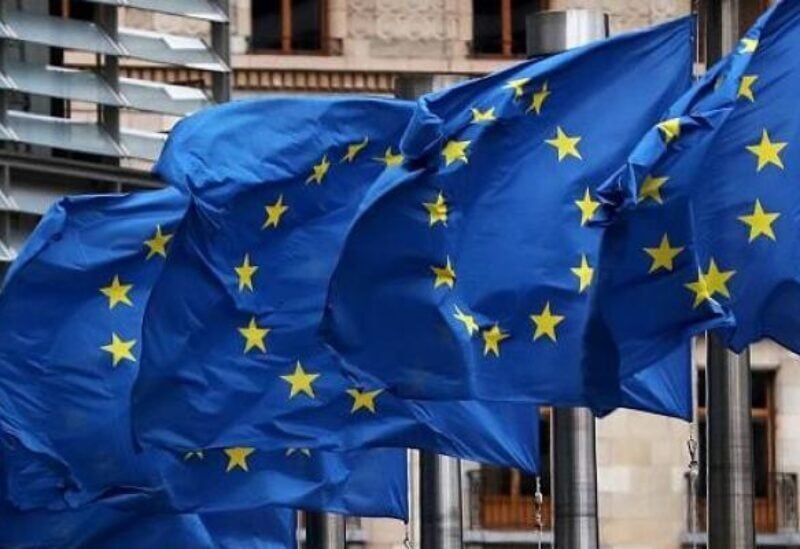
European Union flag
The EU proposed draft legislation on Wednesday that would require large corporations to conduct due diligence on supply chains to verify that they do not violate human rights or environmental norms.
Those who do not comply will be fined by the EU member nation in which they do business.
While firms are concerned about their reputation, EU legislation is required due to the breadth of the concerns and to maintain “legal clarity” throughout the 27-nation union, according to EU justice commissioner Didier Reynders.
“Voluntary actions alone will not be enough to accomplish this wider size.” “We need to avoid fragmentation with various laws in different member states,” Reynders explained.
The law would only apply to large corporations.
It would apply to EU companies with more than 500 workers and a worldwide revenue of 150 million euros, as well as those in “high impact industries” with more than 250 people and a turnover of 40 million euros.
Non-EU firms “active in the EU” would be included as well, with the same turnover limits “produced in the EU.”
It would be their responsibility to detect and resolve any possible human rights or environmental issues in their value chains or subsidiaries.
Companies would have to communicate their progress in satisfying these standards at least once a year. Member nations would also have to nominate a body to ensure compliance.
The proposed EU regulation is based on legislation that has been in place in France since 2017 and is in the works in a number of other EU nations, including Germany, Austria, and the Netherlands.
“The goal here isn’t to make investment more difficult; rather, it’s to enable firms to better manage the risks they face, including those in other nations,” Reynders explained.
While the European Parliament has urged for the measures to be expanded, particularly to encompass smaller businesses, the idea has received widespread approval.
It is “essential for Europe and, ideally, for the globe,” according to Lara Wolters, a center-left Dutch MEP.
“We have 450 million users in our internal market.” “I believe we need to use the market’s leverage to make a difference,” she told AFP.
However, Anna Cavazzini of Germany, a member of the European Parliament, claimed it “lacked ambition” and would exclude numerous enterprises in the agri-food and textile industries, where labor rights breaches are common.
According to Clifford Chance lawyer Charles-Henri Boeringer, the commission chose a “more balanced strategy” than the one advocated by the parliament, one that closely followed French legislation.